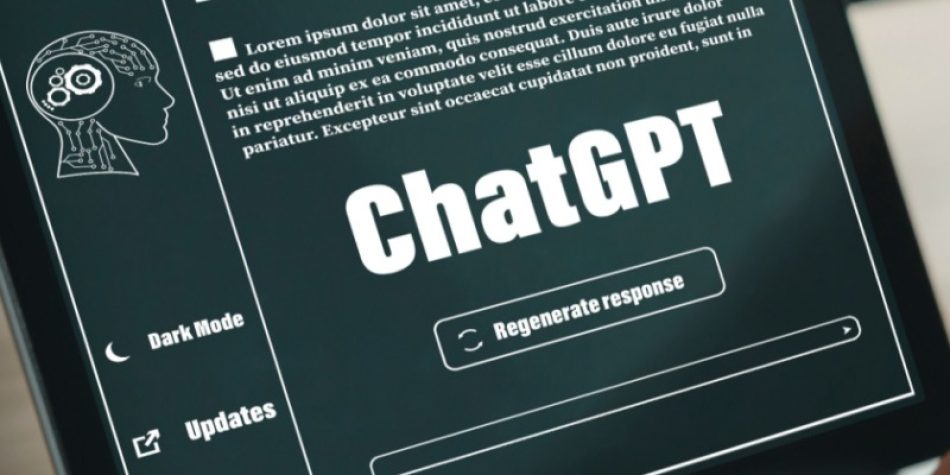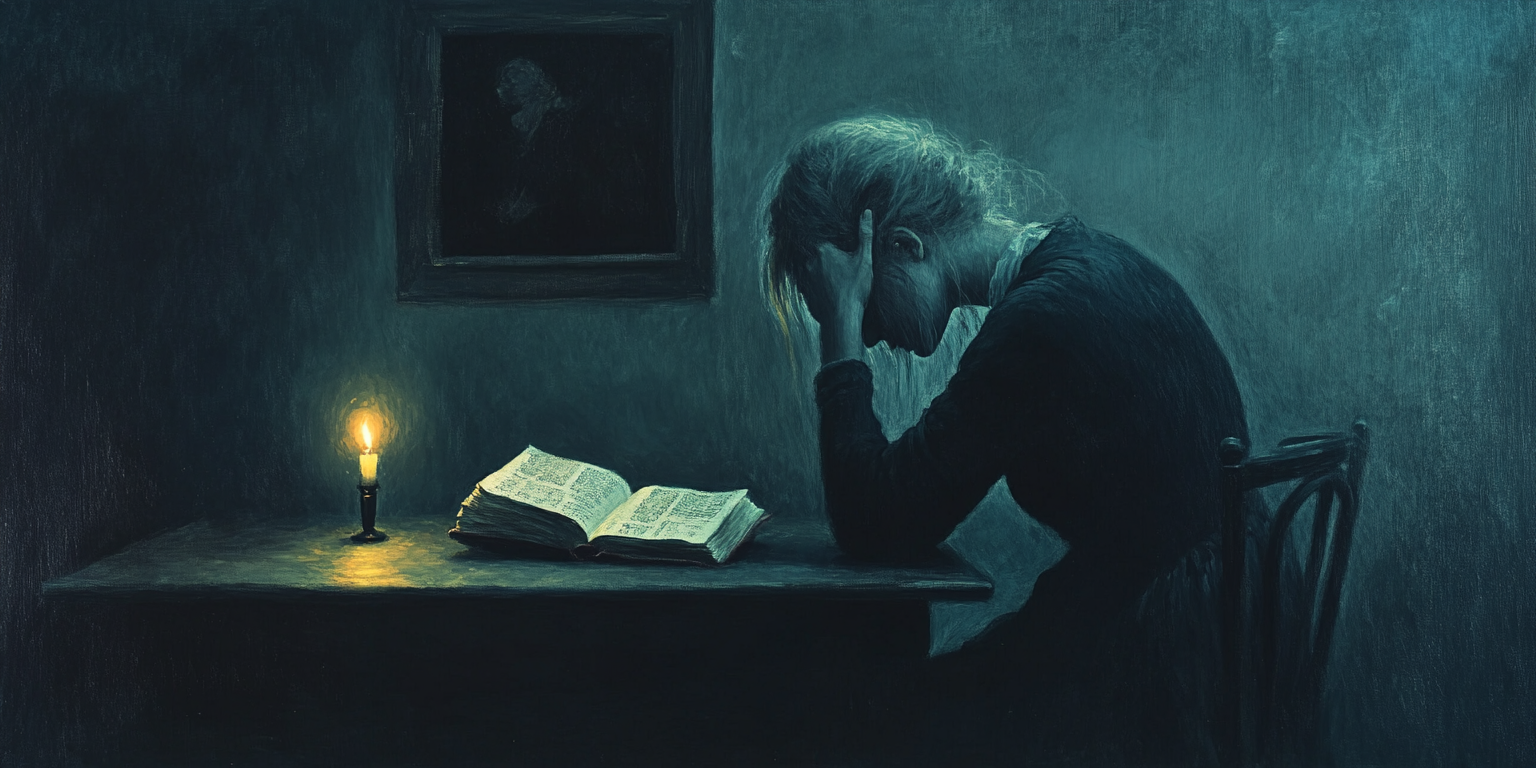It is probable that by now you would have heard of, or used, ChatGPT. If you haven’t heard of it yet, don’t worry; here is an explanation written by ChatGPT itself:
ChatGPT is a large language model developed by OpenAI based on the GPT (Generative Pre-trained Transformer) architecture. It is designed to understand natural language and generate human-like responses to questions and prompts. ChatGPT has been trained on a massive dataset of text from the internet and other sources, and it uses this knowledge to generate responses that are relevant and coherent. ChatGPT has the ability to engage in conversations on a wide range of topics and can provide information, answer questions, make suggestions, and even tell jokes. It is designed to be an interactive tool that can help people with a variety of tasks, from finding information to providing entertainment.
With the introduction of ChatGPT (and other competitors such as Google’s Bard), artificial intelligence is now available to the masses. People all across the globe are currently exploring and enjoying the creative possibilities, guiding AI to write books, blog posts, poems, code, you name it. Our potential to create, for better or for worse, just exploded.
It has also been a wake-up call; what will it mean for our future? What will it mean for our jobs and way of life? I believe that AI for the masses will not only make people consider their own future but also consider their own past. Let me explain.
Creation Arguments
Back in 2003, Oxford professor Nick Bostrom proposed a trilemma. He argued that at least one of the following must be true (paraphrased):
1. Human civilizations at our stage of development almost certainly go extinct before becoming highly advanced
2. Human civilizations that become highly advanced almost certainly lose interest in creating simulations of their past
3. We are almost certainly in a simulation created by a highly advanced human civilization
Bostrom derived this trilemma by considering that if a small fraction of human civilizations go on to create many simulations of their past, then the number of people living in simulations would be much higher than those who aren’t. Not knowing which group you are in, it’s sensible to assume you’re in the larger of the two.
While most were immediately put off by the idea of being in a simulation, it was well-supported by the likes of Nobel Prize winner George Smoot and Elon Musk, who famously claimed the odds are a billion to one that we aren’t in a simulation.
But it wasn’t long until Lincoln Cannon, a member of The Church of Jesus Christ of Latter-day Saints, pointed out that this trilemma was by no means limited to simulations and could be generalized to include any method of creation. The trilemma, devoid of any reference to simulations, resonates with Latter-day Saints because Joseph Smith taught that God was once as one of us who progressed to being God. The idea of our world being created by advanced humanity fits squarely with our beliefs that God took materials and organized our world.
The trilemma can be simplified and generalized even further so that at least one of the following must be true:
1. Humanity will almost certainly never create many worlds like their own past
2. Advanced humanity almost certainly created our world.
Those are the options. Just two, and they work against each other, so the more one rejects the first proposition—accepting that humanity has at least a small chance of one day creating many worlds like their own past—the more one should accept that our world was almost certainly created by advanced humanity.
Our Potential for Creation
So how does ChatGPT fit into this? Anecdotally I have found that AI for the masses has been a lightbulb moment or the first in a series of falling dominoes for believers and non-believers alike. If we can now create complex textual content almost instantly and visual content following closely behind, then what else could we create if we continued to advance for thousands or millions of years?
While the idea of creating other human civilizations or worlds is easy to dismiss as unattainable, it is well-documented that humans underestimate exponential growth and have great difficulty in grasping big numbers. So setting aside our natural biases, if “life finds a way” and humanity continues to advance indefinitely, surely the reasonable position would be that we have at least a small chance.
Of course, it could be argued we will go extinct first before any such grand possibilities come into being, but anyone with an interest in humanity surviving will tell you we should trust that’s not true. We should make it not true.
With each day that passes, I think that more will find it convincing that humanity has at least a small chance of creating many worlds like their own past. What isn’t obvious is that this entails our world was almost certainly created by advanced humanity (in other words, God).
Conclusion
This secular line of thinking might not previously have gotten the attention it deserved in Latter-day Saint circles, and there is obviously much more to it, but it’s useful to be aware of. With the rise of ChatGPT, AI for the masses, and continuing creative possibilities, the existence of a creator (God) may end up seeming more probable to more and more people in the world around us as each day goes by.
With a little help, I personally think our new creative potential will generate more interest and wonder in our own past and therefore generate more interest and wonder in God as well. And that’s definitely a good thing.















